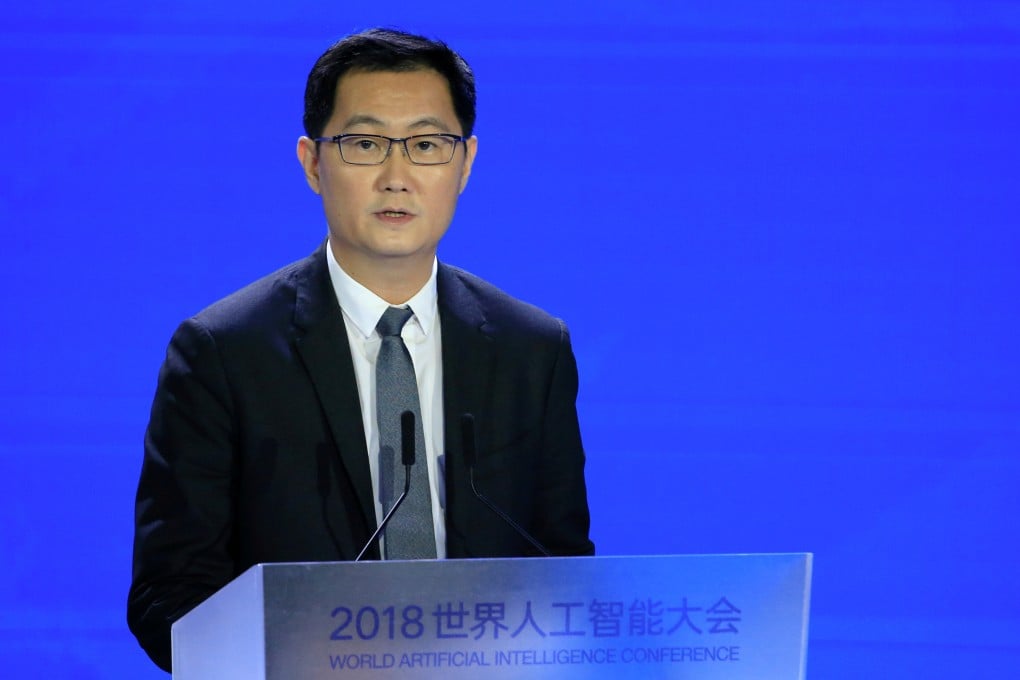Advertisement
Tencent founder Pony Ma emphasises company’s investment in social value amid increasing antitrust and gaming scrutiny
- Tencent CEO Pony Ma told a Chinese newspaper that Tencent is investing in ‘creating sustainable social value’ for China, emphasising education and health care
- Tencent has been facing increased scrutiny over its dominance in gaming and social media, leading it to create a new business group focused on social value
Reading Time:3 minutes
Why you can trust SCMP

Tencent Holdings founder and CEO Pony Ma Huateng is emphasising the social good his company is achieving amid rising scrutiny over the company’s possible monopoly power in the video game and social media industries, where it dominates by a sizeable lead.
The 49-year-old billionaire, who has kept a low profile in recent years, granted a rare interview published on Thursday to Southern Weekly, a Guangzhou-based newspaper. Ma told the paper that Tencent is committed to “creating sustainable social value” for China and will be a “good” tech company.
“Technology is a capability. To be good is a choice,” Ma said. “Over the past 23 years, Tencent has managed to come this far because society and our country have provided support that allowed Tencent to continuously grow.”
Advertisement
The interview was published after Tencent pledged this week to spend 50 billion yuan (US$7.7 billion) on curing societal problems and improving China’s rural economy amid speculation that it could be the next target for Beijing’s Big Tech crackdown after the government fined Alibaba Group Holding, the owner of South China Morning Post, a record 18.2 billion yuan and demanded a complete restructuring of its fintech affiliate Ant Group.

Ma, who had no public appearances for more than 18 months before showing up at the National People’s Congress (NPC), a parliamentary gathering in Beijing in March, said Tencent is aware of the scrutiny of its businesses, including its gaming operations. Tencent is the world’s largest gaming company by revenue, which amounted to 156 billion yuan last year.
Advertisement
Advertisement
Select Voice
Choose your listening speed
Get through articles 2x faster
1.25x
250 WPM
Slow
Average
Fast
1.25x